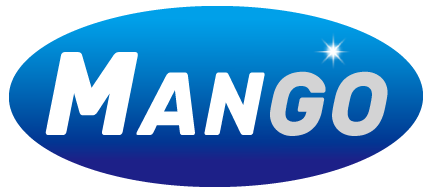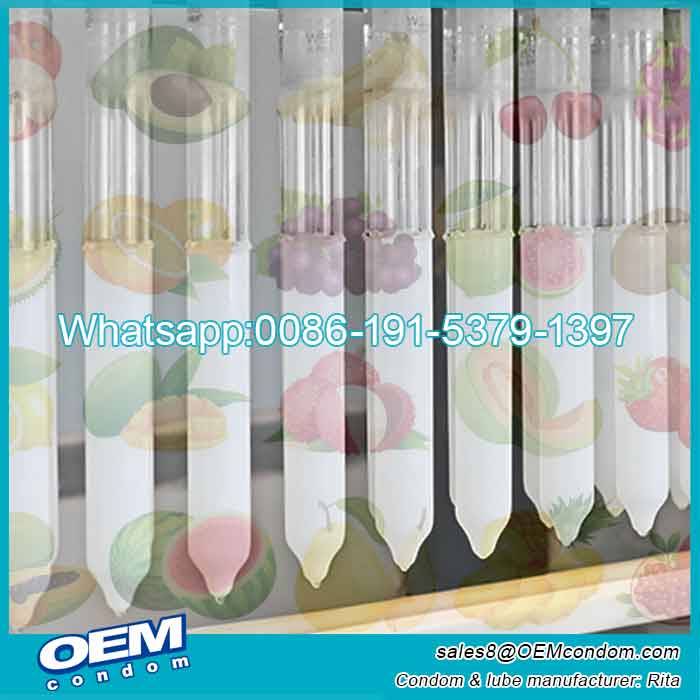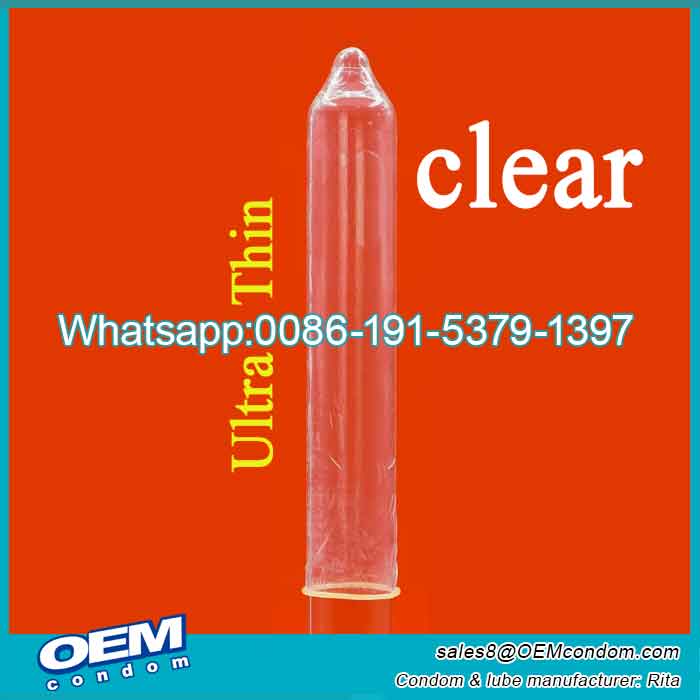SABS has much influence in the whole Africa market, esp in the medical products, which has participated in development of standards relating to the requirements and test method for male and female condoms. This has been done in an effort to ensure that local condom manufacturers produce safer and better quality condoms, which will ultimately contribute to reducing the spread of the HIV/AIDS virus.
“Before the formal adoption of these standards, no test methods existed in South Africa for condoms made from synthetic materials. Hence the adoption of the international standards allow products to be tested locally while giving local manufacturers an opportunity to supply raw materials or develop new innovative products for commercial trade,” says Dr Sadvhir Bissoon, Standards Executive at SABS.
Through the continued relationship between SABS, the Department of Health (DoH) and the International Organization for Standardization (ISO) both male SANS 23409/ISO 23409 and female SANS 25841/ISO 25841 condom standards were adopted as South African National Standards (SANS). These condom products are produced from synthetic materials, or blends of synthetic materials and natural rubber latex, and are supplied to consumers for contraceptive purposes and to aid the prevention of sexually transmitted infections (STIs).
The International Standards further stipulate that all materials used in all synthetic condoms should be validated as constituting a barrier to human immunodeficiency virus (HIV) and other infectious agents responsible for the transmission of STIs.”The standards are comprehensive in their requirements and addresses issues such as condom fit, packaging and production design which ultimately ensure quality and safety of final products produced,”
“However, one must caution that ultimately, the final consumers must be educated on the correct methods of using the condoms as this is the final step in ensuring that the product used will work to protect them against HIV and other Sexually Transmitted Infections,” Bissoon concludes. Any supplier who want enter the South Africa or other African market, it’s better get SABS approved at first, which is the first file work.





